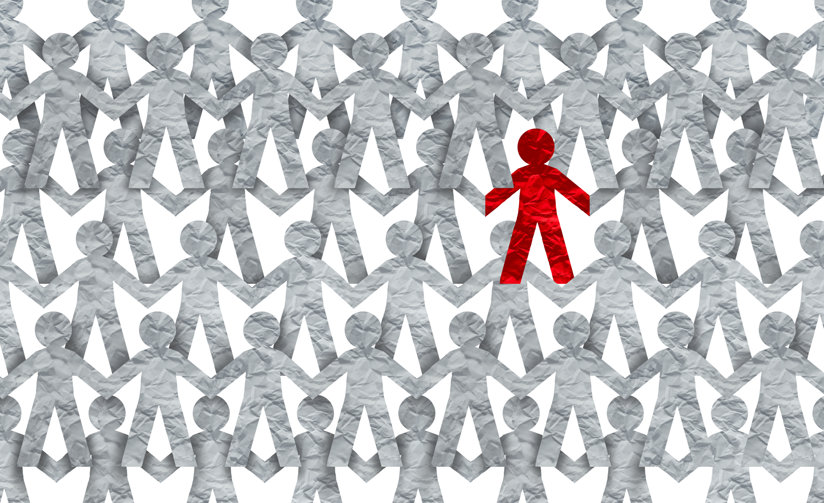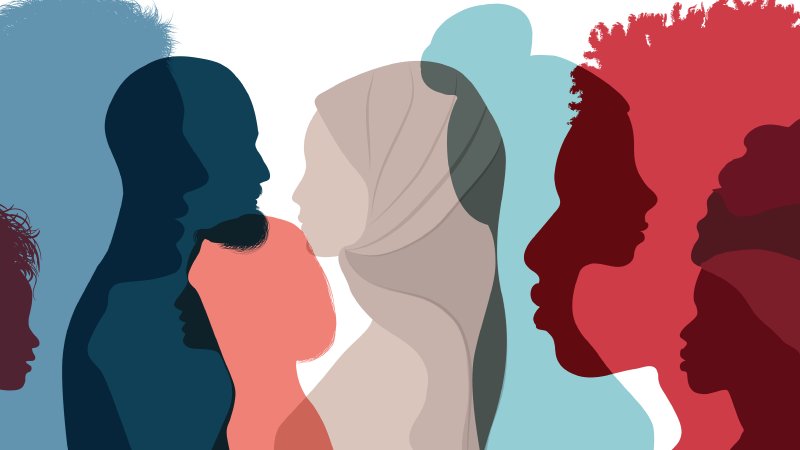
-
HOME
-
WHAT IS STANDOur Mission Our Values Our Help Contact
-
WHAT WE FIGHT FORReligious Freedom Religious Literacy Equality & Human Rights Inclusion & Respect Free Speech Responsible Journalism Corporate Accountability
-
RESOURCESExpert Studies Landmark Decisions White Papers FAQs David Miscavige Religious Freedom Resource Center Freedom of Religion & Human Rights Topic Index Priest-Penitent Privilege Islamophobia
-
HATE MONITORBiased Media Propagandists Hatemongers False Experts Hate Monitor Blog
-
NEWSROOMNews Media Watch Videos Blog
-
TAKE ACTIONCombat Hate & Discrimination Champion Freedom of Religion Demand Accountability
Purging Hate: Why We Should Celebrate—But Shouldn’t Need—Days Against Discrimination
There was a time long ago in a place far away when a person of a darker skin tone needed a passport to travel to certain places in his own country. These were the infamous “pass laws,” begun in 1760, to prevent the free passage of the cheap labor force composed of Blacks and other “inferior races” to certain forbidden places within the nation that is now South Africa.
A cruel and unjust set of laws, suited more to the times of the Inquisition than to our own enlightened era. Yet the pass laws persisted.

Over the ensuing centuries, the laws evolved, becoming more intrusive and insidious in keeping with the needs of those wielding the power. The word “employer” was redefined to include “white” in the definition. A space on the pass document was left for that employer to record his evaluation as to the subject’s character or trustworthiness. Police had the power to stop and arrest any Black for any slightest irregularity in the document presented. Two additional legislative measures, the Black (Native) Laws Amendment Act and the Natives Act of 1952, effectively slammed the prison door, making a passbook compulsory for all Black South Africans when traveling in “white” areas. It further forbade any Black person to stay within an urban area for more than 72 hours.
Hence the continued need for an international day to remember, reflect and recommit to doing what we can to purge the canker of hate from our midst.
Resistance to the oppressive law grew, culminating in a protest attended by 7,000 in the township of Sharpeville on March 21, 1960. Police opened fire on the unarmed crowd, killing 69 and injuring 180, including 29 children. Some, fleeing, were shot in the back.
Six years later, in remembrance of the victims of what came to be known as the Sharpeville Massacre, March 21 was designated by the United Nations as International Day for the Elimination of Racial Discrimination.
Though the infamous pass laws were finally repealed in 1986, discrimination on the basis of color, creed, origin, orientation, and just about any other preposterous excuse devised by those who live to hate, still festers throughout the globe. Hence the continued need for an International Day to remember, reflect and recommit to doing what we can on an individual, community, local, national and international scale to purge the canker of hate from our midst.
As Audrey Azoulay, Director-General of the United Nations Educational, Scientific and Cultural Organization (UNESCO) stated on the occasion of international day for the Elimination of Racial Discrimination, “There is still a danger that racial prejudices will thwart our aspirations for peace. UNESCO condemns those prejudices and fights them tirelessly.”
Through education in what inclusion and tolerance really mean; through exposure to people of goodwill of all races and backgrounds; and through experience in the day-to-day workings of the world, awareness can spring within our hearts that hatred and discrimination are simply unworkable solutions to the problems that face us, and are indeed what underpin those very problems.
And at that point, no matter how distant in time, there will be no more need for a special day to remember the long-dead sin of discrimination.









